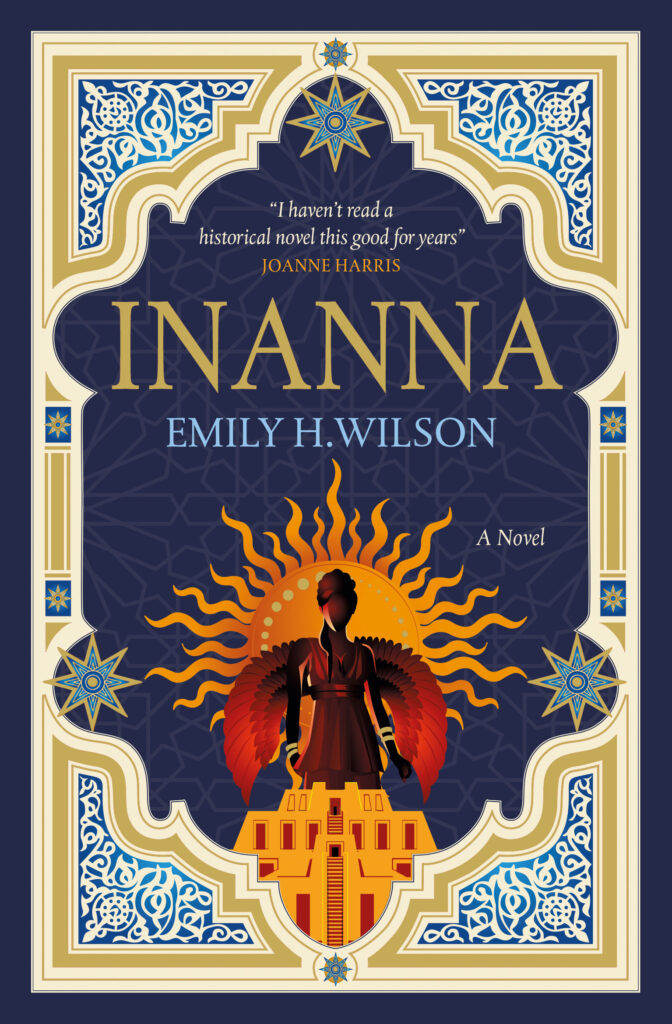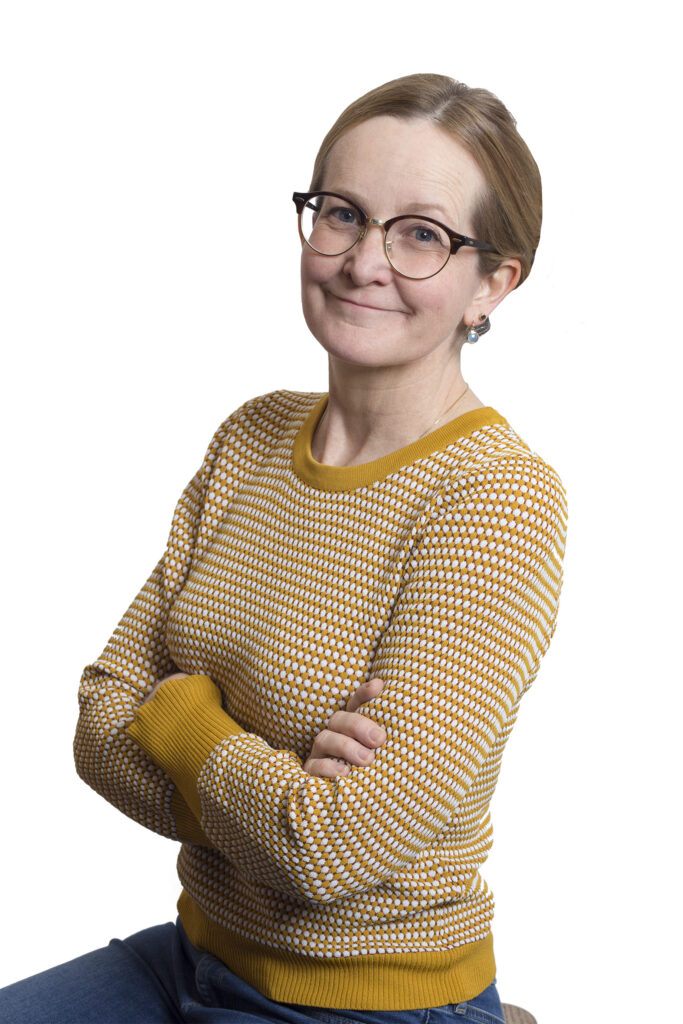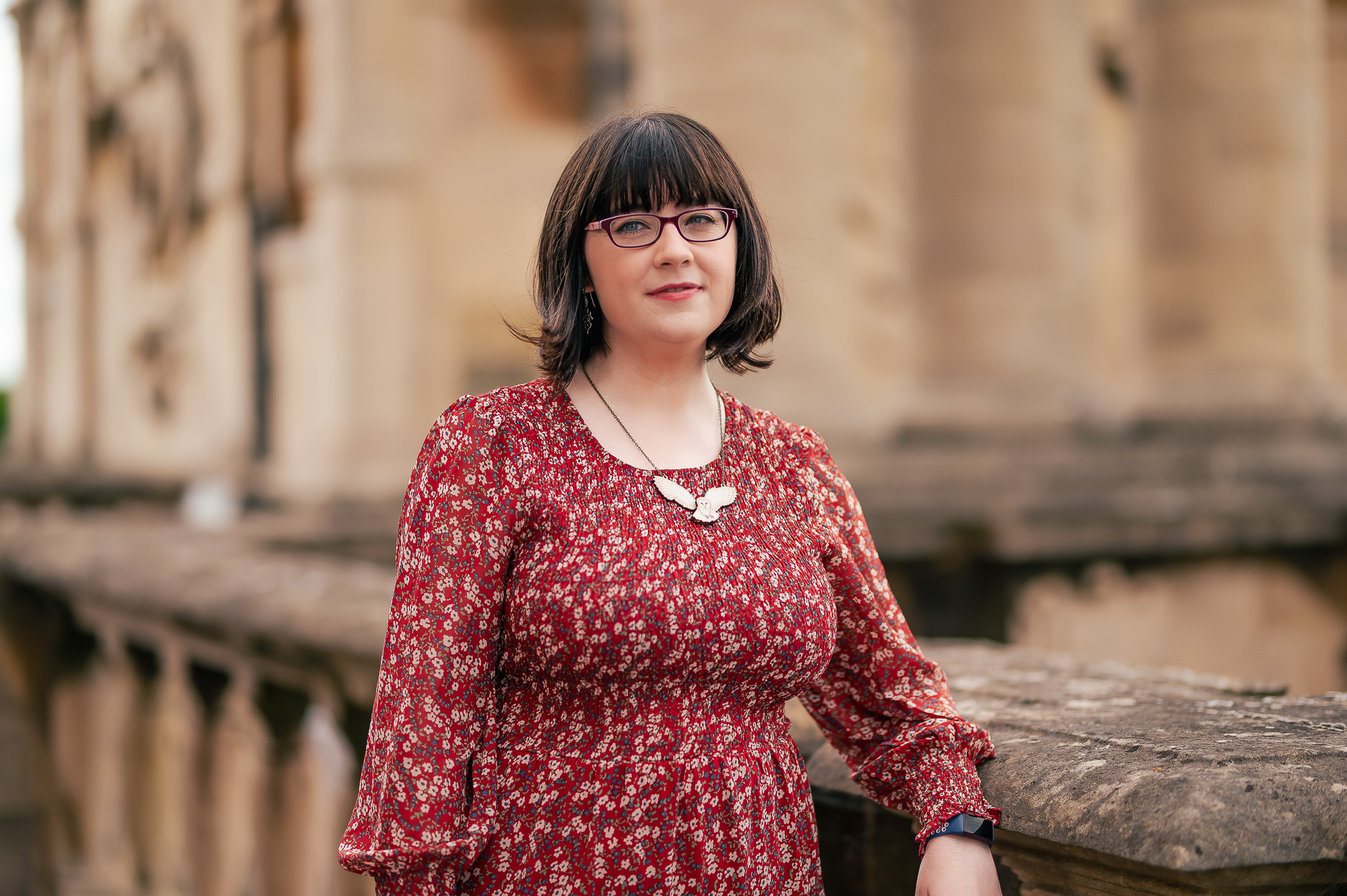Emily Wilson is the author of the upcoming novel Inanna, book one of The Sumerians, as well as the editor-in-chief of New Scientist magazine. Emily recently chatted with RC1 about all things Inanna (which we can’t wait to read)!
Hi! Can you tell us a little bit about yourself and your upcoming novel, Inanna?
Hello! I’m 53-years-old and I’m the editor of New Scientist magazine. I’ve been working on Inanna since some time in 2019 but very much within the constraints of me having a full-time job. Basically I write at weekends, on holiday, and when necessary, before and after work.
As for Inanna… it’s the first novel in a trilogy called The Sumerians. It’s a retelling of the The Epic of Gilgamesh, one of very earliest pieces of literature in existence, but also a retelling of a number of other Sumerian myths, particularly those that feature Inanna, the Sumerian goddess of love and war (who went on to become better known as Ishtar and then Aphrodite).
Welcome to the world in 4,000BC!
What did your journey to publishing look like for Inanna?
I’d started a bunch of novels over the years, and not got very far. In 2019 I was determined to actually do it. I felt I was going to miss the boat otherwise, and also the excuse of having young children and a job no longer held – by then my children could read novels themselves. So once I had the idea of Inanna, I pushed on to about 30,000 words, putting in a lot of time. I was quite bouyed up with how well I was doing, and entered bits of the book to different competitions. One by one, I failed to get anywhere with the competitions.
Then I made the decision to start showing the book to people. A friend said he thought the characters were boring – why didn’t I focus on real people, not gods and heroes? Also he recommended that I set the book about a thousand years later in history. In short: great, but start again. His critique entirely took the wind out of my sails, and I stopped writing for a few months. Then at the end of the summer of 2021, I realised that there was one competition, the Yeovil literary prize, that I’d never heard back from. I looked at their website and realised I’d been longlisted! I couldn’t believe it. It meant that someone had thought I had a real book there…
Very soon after I booked myself onto a six-month novel writing class at the Faber Academy in London. It was one evening a week, plus one Saturday in four, in person, and I loved it. The course spurred me on to finish Inanna fairly quickly, and I had a first draft before leaving the course in April 2022. I then started looking for an agent. In June 2022 (ie last year) I did then get found in someone’s slush pile, and in August last year the novel was sold to Titan Books as part of a three-part series. And now Inanna is being published any day now.
Your author bio says that it took until your late forties to start writing your first novel. Can you tell us about what it took for you to buckle down and finish Inanna? What would you say to other writers who struggle with keeping up the writing momentum?
I’ve partly answered this. But on the process front… what really helped me move forward was the realisation that during big parts of the creation of a novel, for me anyway, you have to write every single day. You have to professionalise the process. You have to schedule it in, and never miss a session. And you have to give up weekends to the writing, and also spend as many of your holiday days as possible writing.
Later on in the process there’ll be pauses, respites – when you take a break from the book to get perspective, as part of the revision process, for example – so it’s not relentless. Except for the bits when it is. Then you have to just knuckle down. Or it won’t happen.
The second big realisation was that what is now my process – write an ugly first draft, then keep attacking it, with breaks between the attacks – does slowly work. Every time you go back into the book, it gets better. And for me, that’s the only way to make it good. To keep pushing it through the mangle. To keep on rendering it.
The third big realisation that helped me move forward is that I don’t like writing a first draft. I find it really, really hard, and exhausting. I have to do it in short bursts, then rest my brain. Which is why I’d given up on writing a novel so many times before! It’s great that some writers just feel unmitigated joy the entire time they work on their books, but I am not one of those people.
Of course there is joy in it for me, but it comes later in the process, and in unexpected ways. Now and again I catch a glimpse of the book as a living, breathing thing… and that’s magical.
What kinds of research did you have to dive into while writing Inanna?
Less than people think because it’s so, so far back in time. It’s the dawn of history, so not many records to read! Basically I read all the mythology, looked up as much academic research as I could about the period, and read some accounts of people travelling in the wilds of Iraq (which is where Ancient Sumer once was) to get an idea of the physical nature of the land. And then off I went.
How do you balance writing with your day job as an editor-in-chief?
Badly. I get overwhelmed at times. But when I do, I take the advice of one of my characters, Ninshubar. Her motto is: one step and then the next.
After you finish writing The Sumerians, what other writing projects do you plan to pursue?
I’m just about to hand over Book Two of the series, and then I’ve got a whole year of Book Three stretching out ahead of me. The big decision after that will be whether to stay in the
ancient history / mythology space, or go hard sci-fi. I also have an idea for a detective series. Who knows, in short.
Can you provide links to any websites or social channels you’d like readers to follow?
I’m on Twitter: @emilyhwilson
Instagram: emilyhwilson1
Website: emilyhwilson.com





